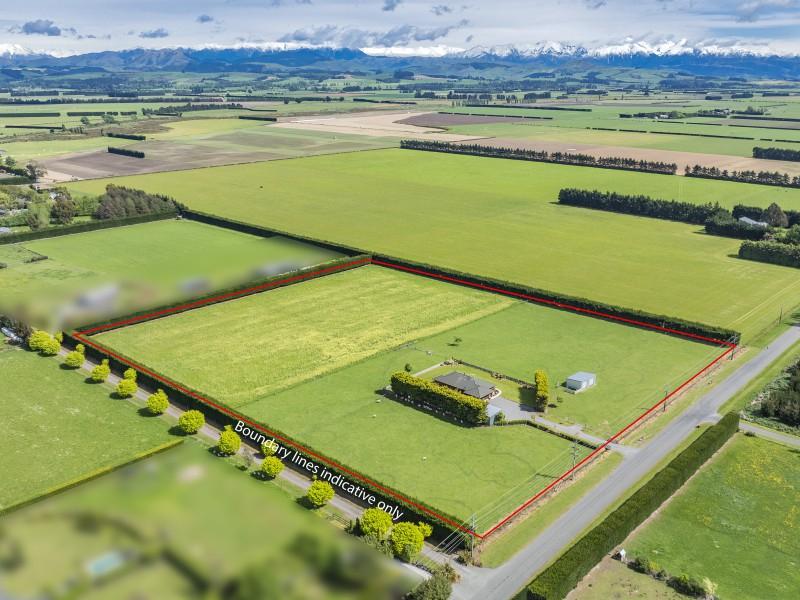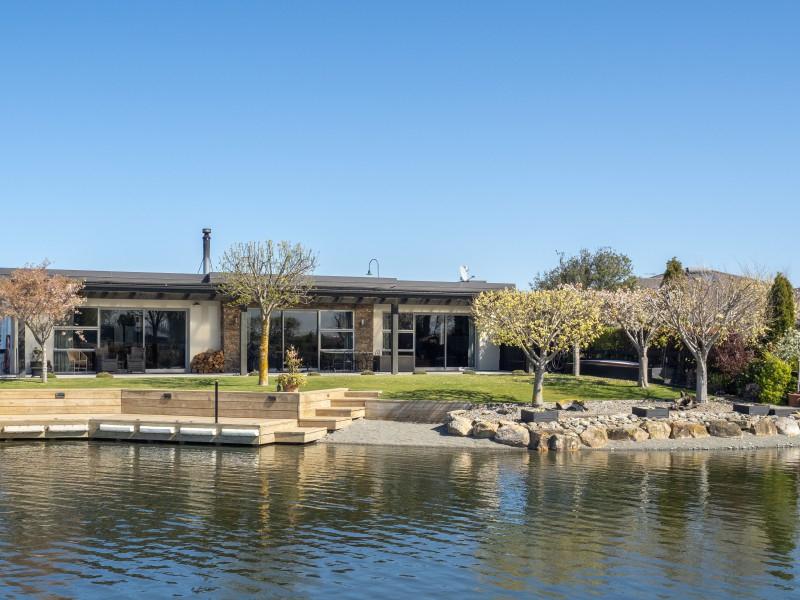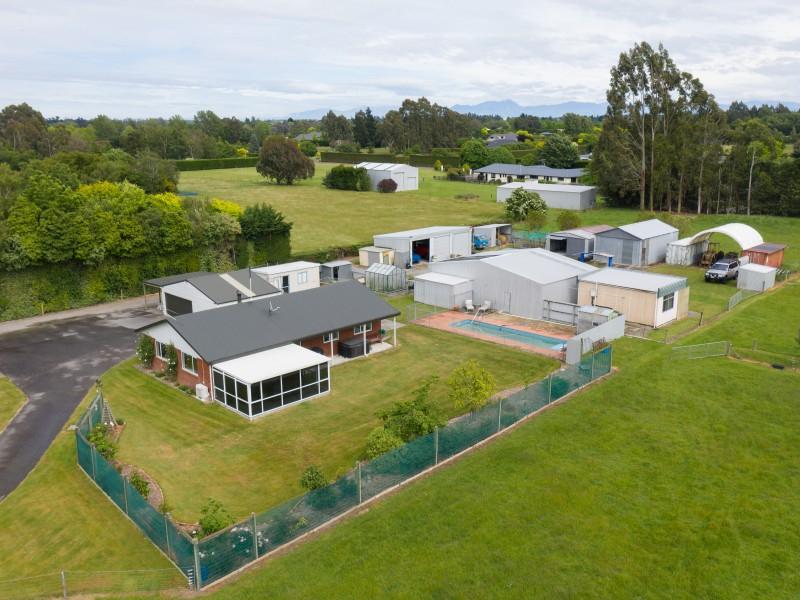Wiki o Te Reo Maori Public
Tēna koutou e hoa mā! As part of our wiki o te reo Māori coverage, we're presenting a daily video mihi featuring each of our team members. This allows you, our readers, to get to know us more and judge our reo skills... no pressure! Meet today's team member Jonathan Leask
www.facebook.com...
Poll: Do you think banning gang patches is reasonable?
With the government cracking down on gangs, it is now illegal for gang members to display their insignia in public places whether through clothing or their property.
This means arrests can be made if these patches are worn in places like restaurants, shops, on public transport or ferries, and on airplanes. Arrests were made recently at a funeral.
Do you think this ban is reasonable?

-
76.4% Yes
-
22.3% No
-
1.3% Other - I'll share below
What's your favourite recipe for courgettes?
Kia ora neighbours. If you've got a family recipe for courgettes, we'd love to see it and maybe publish it in our magazine. Send your recipe to mailbox@nzgardener.co.nz, and if we use it in the mag, you will receive a free copy of our January 2025 issue.

Power company looks at bigger rebates amid rising electricity bills
By local democracy reporter Jonathan Leask:
Power prices are set to jump by an estimated $15 a month in Mid Canterbury next year.
But to counter the hike, local power company EA Networks is considering increasing rebates for customers.
During a recent council presentation, an EA Networks representative said they have some of the lowest residential lines charges, but "not all retailers are passing these lower charges on to customers".
The rebate bypasses retailers and pays a sum directly back to power users.
The power price hike follows the Commerce Commission's decision to allow increased investment in the electricity network.
This means the average consumer’s electricity bill will rise from April 1, 2025, to cover increased revenue for Transpower and local lines companies.
That revenue will be invested in the national and local electricity infrastructure.
The increase will represent a 5% jump in the average power bill.
In Mid Canterbury the average domestic user can expect to spend around $180 more on their power bill next year.
However, EA networks are considering the level and frequency of rebates, which would offset some of the increase.
EA Networks owns and operates the region's electricity distribution network and the fibre optic communications network, with Ashburton District Council as the majority shareholder (95%).
Shareholders Committee chairperson Robert Newlands, and new members Gary Wilson and Kate Templeton, provided an update on the state of play for the company at the recent council meeting.
Wilson said EA Networks continues to deliver some of the country’s lowest residential lines charges.
“But not all retailers are passing these lower charges on to customers.”
Retailers keep prices up and are “taking that income for themselves”.
EA has the second lowest network prices but ranks 12th once the retailers on-sell the electricity, he said
With the Commerce Commission dictating the increased revenue, line companies like EA Networks have to increase distribution charges.
“EA has chosen to keep its costs high, but then rebate that money back to the consumer,” Wilson said.
“They are only taking as much as they need for cash flow to run the business and the community will benefit with the consumer rebate.”
Newlands said if EA opted to have the reduced line charge, the retailers would absorb that and pass on higher costs, “and the consumer will be disadvantaged”.
“By passing on the costs from the Commerce Commission regulations and then rebating back, it’s a better advantage to the community.”
The frequency of the rebates is also being looked at, Newlands said.
He encouraged customers to shop around retailers for the best deal and consider energy efficency options.
The commission’s decision sets a 44% maximum allowable revenue increase for Transpower over the next five years and a 47% maximum increase for local lines companies.
The commission will smooth the increases over five years.
After the first year's increases (from April 2025), households can expect annual increases of $5 per month in each of the following four years.
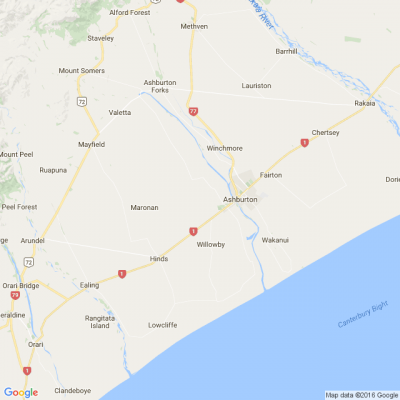
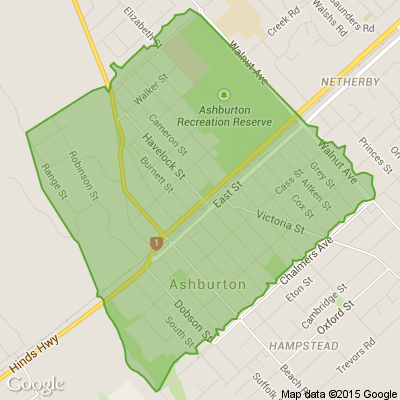




 Loading…
Loading…